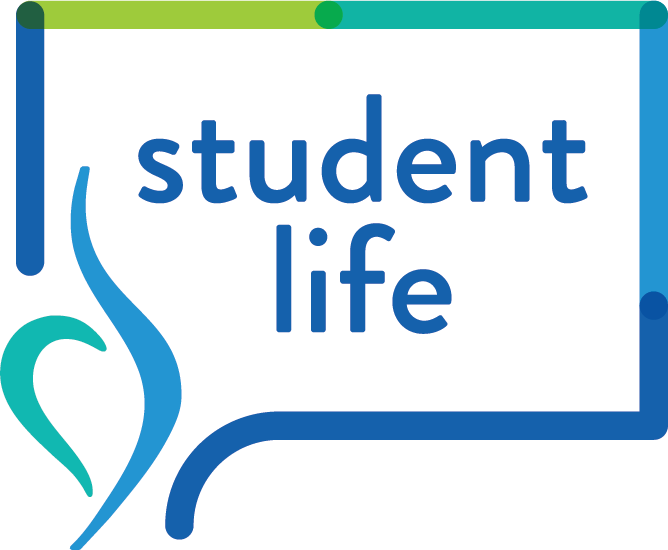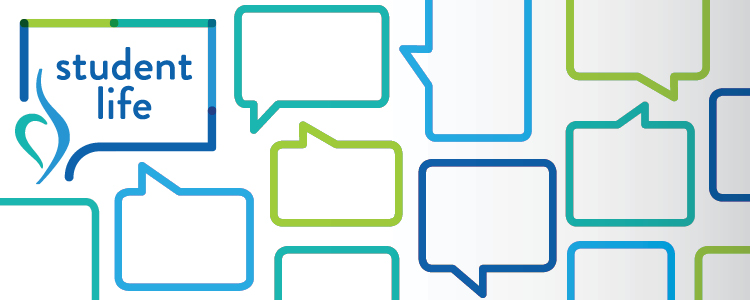How to Cope with School When Struggling with an Eating Disorder
For me, navigating school while suffering from an eating disorder was very hard. No one is watching you, and with a perfection-oriented environment it’s so easy for your eating disorder to creep in and take over.
But you can quiet the voice and take control. Every time I went back into school I never was able to finish a semester. Then I would judge myself more harshly because I couldn’t finish a semester. It was a bad cycle.
Another major thing for me was following my meal plan. When you are in treatment, you are monitored, but when you are on your own or busy it’s easy to hide your ED.
My final time in treatment I really worked hard on my recovery because I wanted to finish school. When I reentered school, I was nervous because school was a big trigger for me. Here are some of the things that really helped me and can help you too!
Have a strong support system
In recovery, it is really important for you to have a positive support system. This usually means having a doctor, psychiatrist, therapist, nutritionist, friends and family. For the professional team it is honestly best to have eating disorder specialists. For friends, if you have friends who are supportive but still don’t fully understand, maybe have them come into one of your therapy sessions to get a bit more educated or attend a family and friend support group. Family is great support and, when I say family, I don’t necessarily mean people who are blood related. Family can be anyone who loves you unconditionally.
Making sure that you have that support team will really help in the road to recovery. When you are having a thought that you can’t seem to quiet and you are scared, you are going to give in to the behavior. Having someone you can call and talk to, helps lower the anxiety.
Distractions Distractions help you not focus so much on ED and ED’s thoughts. Joining groups and clubs can help, as can making plans with friends. For example, plan a weekly hangout where you all get together. Being on a schedule also is really good thing when in recovery. It keeps you on track.
Journaling is also a great outlet. When you are busy, sometimes the ED thoughts will try to invade. Journaling helps to get it all on paper and start making connections.
Distractions after meals are key, as well. Plan things after you eat, whether it be meeting up with a friend, starting a project, studying, going to class, etc.
Self-Soothing
When you are having really bad anxiety and the eating disorder thoughts seem to be so unbearable, meditation can help. Go somewhere if it’s nice outside or a place that you are alone. Try to breathe deeply, close your eyes, and imagine you are someplace safe and peaceful. You can also schedule a day to pamper yourself: get a massage, facial, or something else relaxing and FOR YOU.
Affirmations
Make a list of affirmations and take them everywhere you go. I used to think, ‘How is this going to change my thinking?’ It turns out that keeping affirmations and rereading them really does help. When you wake up in the morning, say one positive thing to yourself in the mirror, and do the same right before you go to sleep. Whenever you are feeling low, take out one of the affirmations and read them.
Have lunch with friends/classmates
For me, one of my major struggles was eating alone, especially in public. I had a hard time sitting with my thoughts and the thoughts ED was screaming in my ear. When you are in recovery and going back to school, it might make it easier to have a meal with someone. When I had meals with friends, we wouldn’t talk about my eating disorder. That helped a lot because it gave me the hope that I could get to a place where I could be in the moment and not focus on the food.
However, if you are in recovery, it can be triggering when friends talk about body image and weight, especially if you are just out of treatment or not in a good place. What you can do if you are beginning to feel triggered is change the subject. If you find they go back to it, explain how this makes you feel.
Know your triggers
Another key thing for recovery is to recognize your triggers so you can avoid them and learn to not let them control you. You can work on writing down your triggers that you are aware of, and work with your therapist on ways to deal with them.
Being in recovery from an eating disorder and going back to school can be scary and cause a lot of anxiety, but with these helpful tips you can put that eating disorder in its place. You are stronger than you think, and you are worthy of living your life and pursing your dreams.

Jeanette is now going into five full years of recovery from anorexia. She is an advocate for eating disorders and healthy body image and enjoys showing others that recovery is possible. Jeanette also works with Project Heal New Jersey and is in the process of becoming a certified yoga instructor and therapist specializing in eating disorders.
This content was originally published on Proud2bme.org in 2017.





